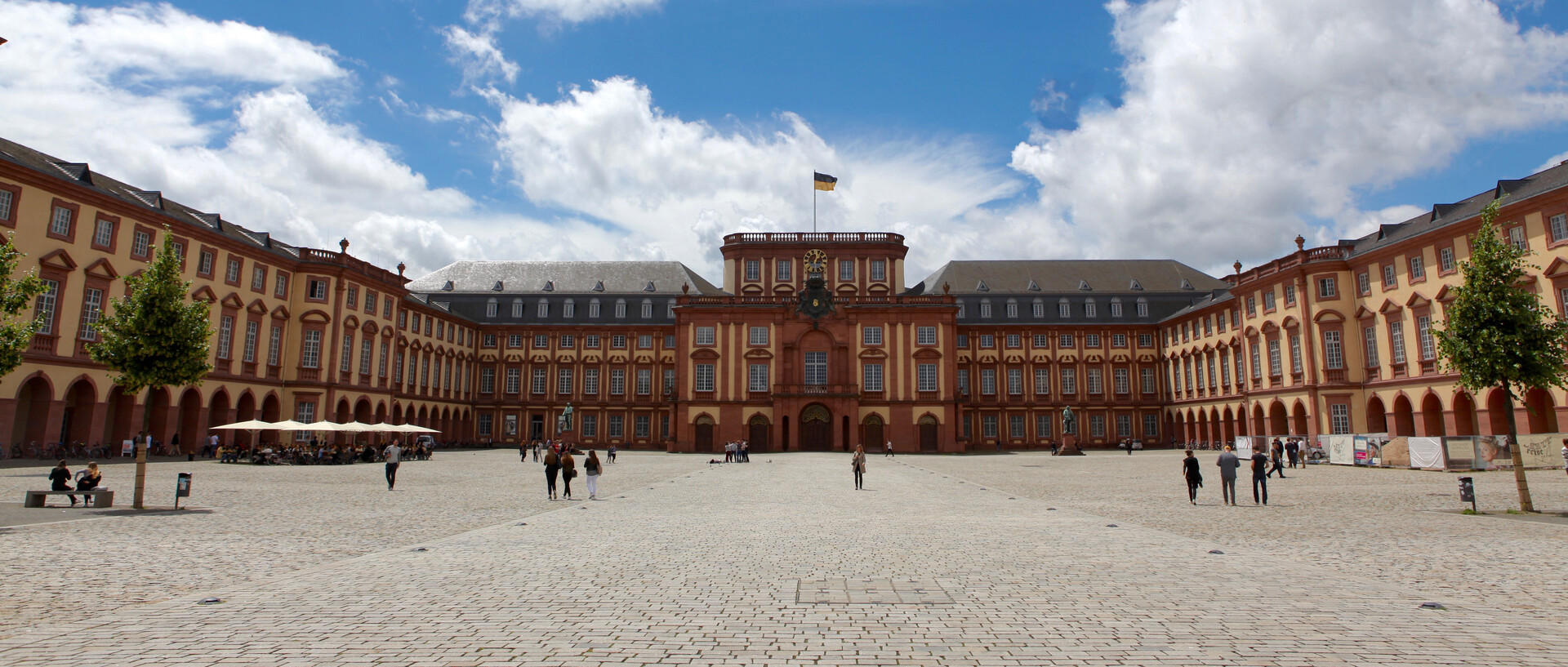Getting Involved – Projects of the University IT
We, the University IT Mannheim, strive to be and stay one of the most modern and customer-oriented IT service providers among Germany’s higher education institutions. We love IT and our university. It is important to us to be up to speed in all things digital, to carry out research and to contribute to new developments and innovations. This is why we are involved in many projects which will advance our university, its employees, our city, and our society in the digital area.
